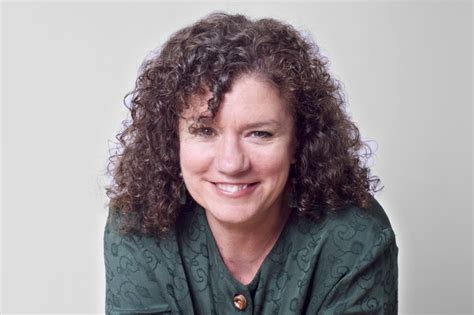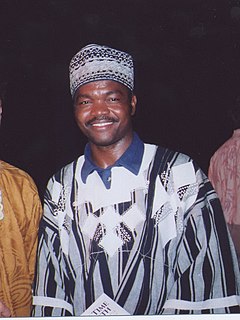A Quote by David E. Cooper
There is something myopic and stunted in focussing only on the meaning of words and sentences. And this myopia is especially unfortunate when combined with a rather abstract view of a language as a set of elements and rules for combining these. For the result is to divorce enquiry into meaning from attention to the way words - and gestures, facial expressions, rituals and so on - are embedded in practices, in what Wittgenstein called 'the stream of life'.
Related Quotes
I'm very concerned with questions of language. This is what I think of when I think of myself as a writer: I'm someone who writes sentences and paragraphs. I think of the sentence - not only what it shares but, in a sense, what it looks like. I like to match words not only in a way that convey a meaning, possibly an indirect meaning, but even at times words that have a kind of visual correspondence.
If the rules of a language are followed, words usually make sense. But these very rules can stir the impulse to rebel. We're obliged to keep trying to convey meaning through correct sentences. After a while, the good-soldier rigidity of polished prose can begin to seem dull, and it gets harder to resist the temptation of nonsense.
When I wrote 'The Giver,' it contained no so-called 'bad words.' It was set, after all, in a mythical, futuristic, and Utopian society. Not only was there no poverty, divorce, racism, sexism, pollution, or violence in the world of 'The Giver'; there was also careful attention paid to language: to its fluency, precision, and power.
A story is a way to say something that can't be said any other way, and it takes every word in the story to say what the meaning is. You tell a story because a statement would be inadequate. When anybody asks what a story is about, the only proper thing is to tell them to read the story. The meaning of fiction is not abstract meaning but experienced meaning.
Modern writing at its worst does not consist in picking out words for the sake of their meaning and inventing images in order to make the meaning clearer. It consists in gumming together long strips of words which have already been set in order by someone else, and making the results presentable by sheer humbug. The attraction of this way of writing is that it is easy.
Men of the world who value the Way all turn to books. But books are nothing more than words. Words have value; what is of value in words is meaning. Meaning has something it is pursuing, but the thing that it is pursuing cannot be put into words and handed down. The world values words and hands down books but, though the world values them, I do not think them worth valuing. What the world takes to be values is not real value.
As soon as you look at the world through an ideology you are finished. No reality fits an ideology. Life is beyond that. That is why people are always searching for a meaning to life. But life has no meaning; it cannot have meaning because meaning is a formula; meaning is something that makes sense to the mind. Every time you make sense out of reality, you bump into something that destroys the sense you made . Meaning is only found when you go beyond meaning.
People don't talk like this, theytalklikethis. Syllables, words, sentences run together like a watercolour left in the rain. To understand what anyone is saying to us we must separate these noises into words and the words into sentences so that we might in our turn issue a stream of mixed sounds in response.



































